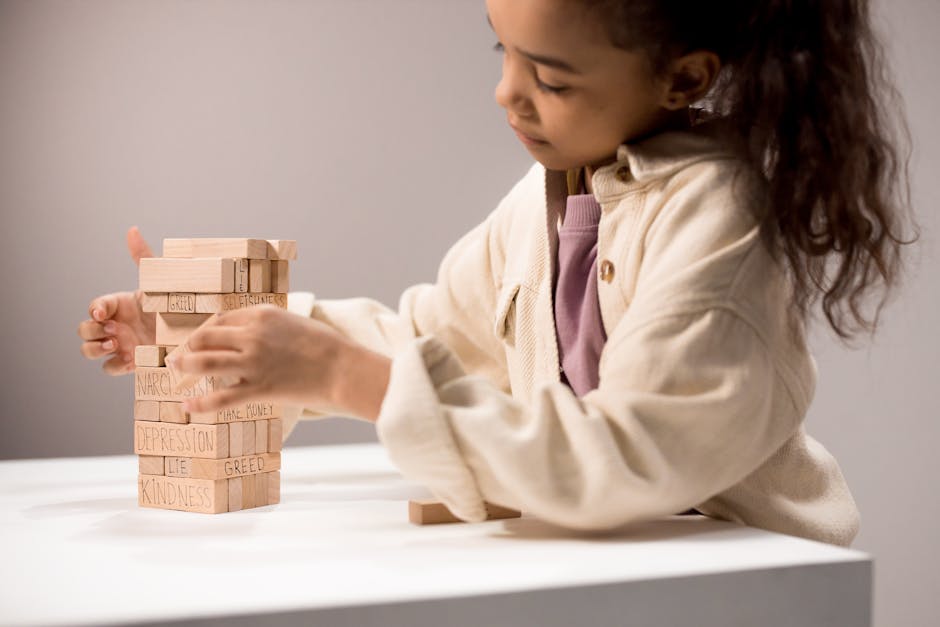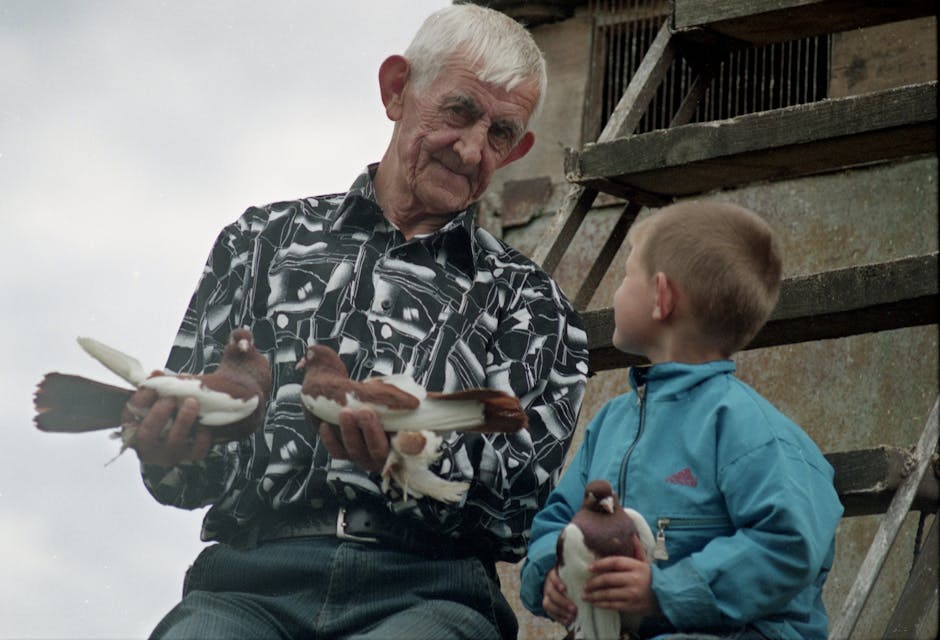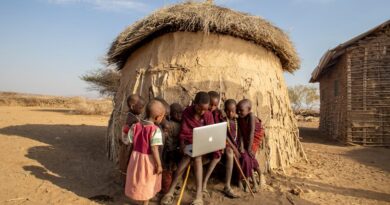Exploring the Depths of Kindness: Lessons in Compassion and Empathy
Kindness, often considered a simple and innate human trait, holds profound lessons that can shape individuals and societies. In a world where negativity and strife can sometimes overshadow acts of goodwill, understanding the importance of kindness becomes essential. What can we learn from practicing kindness, both towards ourselves and others? How does kindness impact our relationships, mental well-being, and the world at large? Let’s embark on a journey to unravel the intricacies of kindness and discover the valuable lessons it offers.
The Science Behind Kindness

Kindness is not merely a moral virtue; it also has a scientific basis. Research in psychology and neuroscience has shown that acts of kindness trigger the release of oxytocin, often referred to as the “love hormone,” in our brains. This chemical enhances feelings of trust and connection, fostering stronger bonds with others and promoting overall well-being. Moreover, studies have demonstrated that practicing kindness can lead to a decrease in stress, anxiety, and depression, highlighting the profound impact of this virtue on mental health.
Cultivating Kindness in Children

Children are like sponges, absorbing the behaviors and values modeled by those around them. Teaching kindness to children from a young age not only shapes their character but also contributes to a more compassionate and empathetic society. By emphasizing the importance of empathy, gratitude, and generosity, parents and educators can instill values that promote kindness in children. Through storytelling, role-playing, and acts of service, children can learn the power of kindness and its ability to create positive change in the world.
Leading by Example: Kindness in Leadership

Kindness is not confined to individual interactions but extends to leadership roles as well. A leader who embodies kindness fosters a culture of respect, collaboration, and trust within their organization. By showing compassion towards employees, clients, and stakeholders, leaders can inspire loyalty, motivation, and productivity. Companies that prioritize kindness in their leadership approach often witness higher employee satisfaction, lower turnover rates, and a more positive work environment. In a world where cutthroat competition often dominates the business landscape, kindness can be a powerful differentiator that leads to long-term success.
Kindness in the Digital Age

With the rise of social media and technology, the dynamics of kindness have evolved in the digital realm. Online platforms offer both opportunities for spreading positivity and challenges in navigating cyberbullying and negativity. Acts of kindness on social media, such as sharing uplifting content, offering words of encouragement, and practicing digital etiquette, can have a significant impact on fostering a supportive online community. However, the anonymity provided by the digital space also gives rise to cyberbullying and online harassment, highlighting the importance of promoting kindness and empathy in online interactions.
The Ripple Effect of Kindness
Kindness has a ripple effect that extends far beyond the initial act. When we perform a kind deed, whether big or small, it not only benefits the recipient but also creates a positive chain reaction. The recipient of kindness is more likely to pay it forward and spread kindness to others, creating a domino effect of goodwill. This ripple effect has the power to transform communities, workplaces, and societies, demonstrating the transformative potential of kindness in building a more harmonious world.
Practicing Self-Kindness
Amidst our busy lives and societal pressures, it’s easy to overlook the importance of being kind to ourselves. Self-kindness involves treating ourselves with compassion, forgiveness, and acceptance, especially in moments of self-doubt or failure. Practicing self-care, setting boundaries, and engaging in activities that nourish our mind, body, and soul are all ways to cultivate self-kindness. By prioritizing our well-being and practicing self-compassion, we not only enhance our mental health but also become better equipped to show kindness to others.
Kindness in Action: Real-Life Stories
Real-life stories of kindness serve as powerful reminders of the impact of compassionate actions. From strangers helping each other in times of crisis to communities coming together to support those in need, these stories showcase the transformative power of kindness. Whether it’s a small act of kindness that brightens someone’s day or a larger gesture that changes lives, these stories inspire us to look for opportunities to spread kindness in our own lives.
Expert Opinions on Kindness
Experts in psychology, sociology, and neuroscience offer valuable insights into the importance of kindness and its far-reaching effects. According to Dr. Daniel J. Siegel, a clinical professor of psychiatry, kindness not only benefits individuals’ mental health but also strengthens social connections and promotes a sense of belonging. Similarly, Dr. Christine Carter, a sociologist and happiness expert, emphasizes the role of kindness in enhancing overall well-being and fostering positive relationships. These expert opinions shed light on the profound impact of kindness on individuals and society as a whole.
Conclusion: Embracing the Lessons of Kindness
Kindness is a universal language that transcends cultural barriers, societal divides, and personal differences. Its lessons are profound, teaching us the power of compassion, empathy, and connection. By practicing kindness in our daily lives, we not only improve our well-being but also contribute to a more harmonious and compassionate world. Let us heed these lessons of kindness, leading with empathy, spreading positivity, and creating a ripple effect of goodwill that reverberates far and wide. In a world that can sometimes feel chaotic and unkind, let us be the agents of change, embodying the transformative power of kindness in all that we do.




